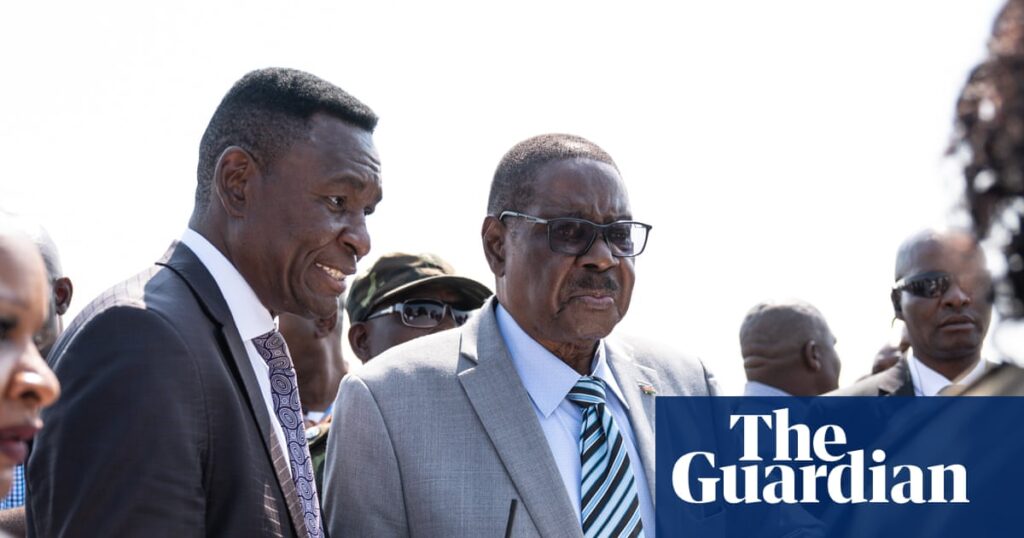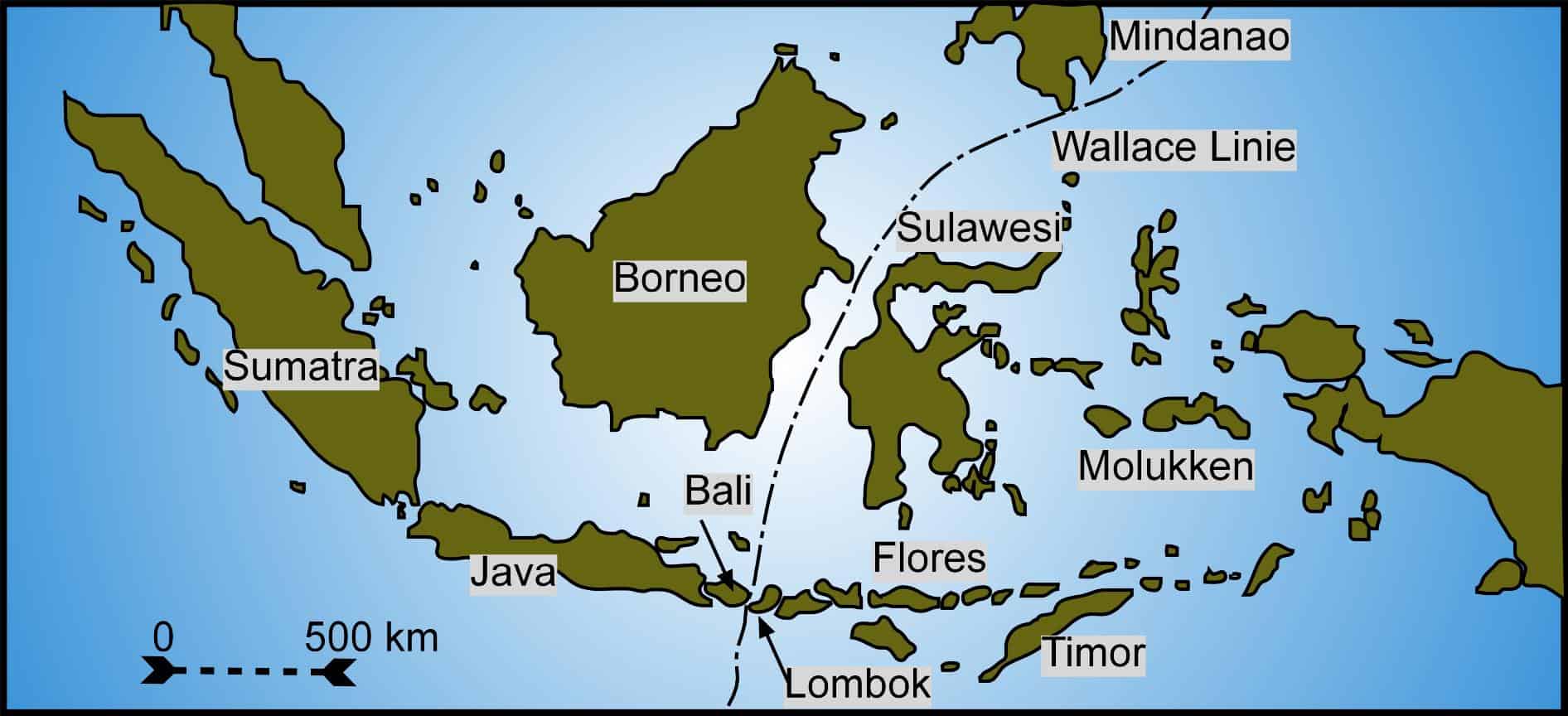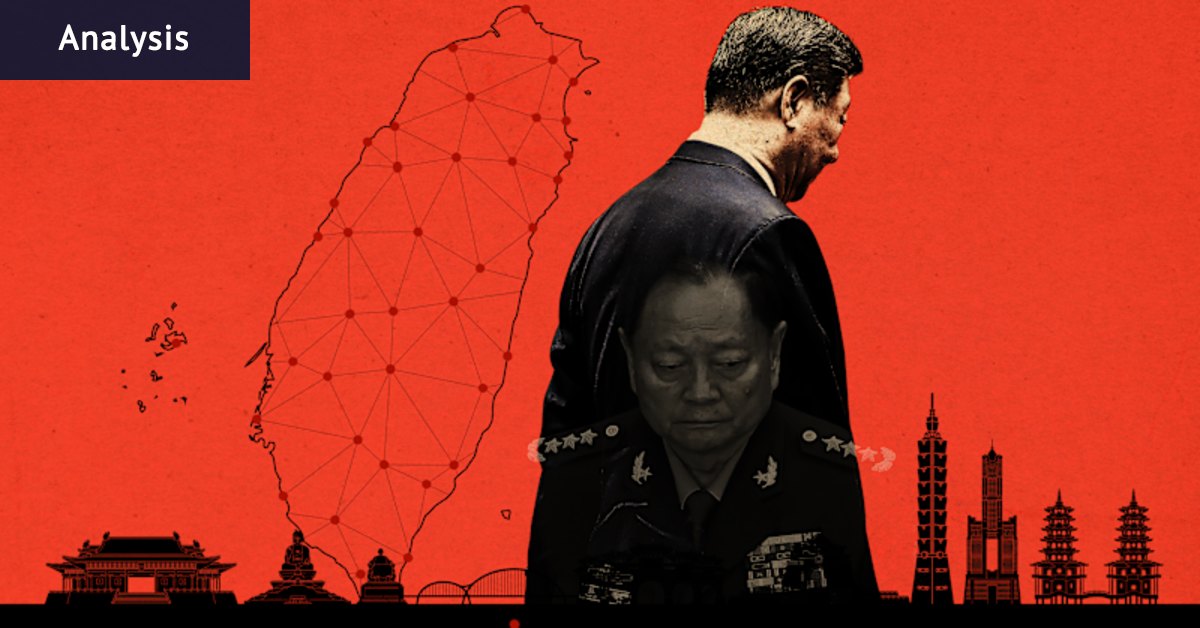
In a surprising political comeback, 85-year-old Peter Mutharika has been re-elected as Malawi’s president, defeating incumbent Lazarus Chakwera. The election results, announced on Wednesday, revealed Mutharika secured 56.8% of the vote compared to Chakwera’s 33%. This victory comes as the nation grapples with a prolonged economic crisis, high inflation, and severe shortages of essential goods.
Chakwera, who had previously unseated Mutharika in the controversial 2020 “Tipp-Ex election,” conceded earlier in the day, acknowledging the voters’ decision. Approximately two-thirds of the nearly 11 million eligible Malawians registered to vote, with a turnout of 76%.
Political Shifts and Historical Context
Mutharika’s return to power marks the third consecutive election in Malawi where leadership has changed hands. His previous term was marred by allegations of corruption, including a 2018 accusation of receiving a $200,000 kickback related to a police food supply contract. Although he was cleared of these charges, the incident sparked widespread protests.
Victor Chipofya, a political science lecturer at Blantyre International University, commented on the election outcome, stating, “When Peter Mutharika was governing in the first term, things did not go so well. For him to come back with such an emphatic win … it shows you how badly Chakwera has done.”
Economic Challenges and Climate Disasters
Malawi’s economy has struggled to recover from the impacts of the Covid-19 pandemic. Over the past three years, inflation has consistently exceeded 20%, with economic growth lagging behind population growth. A shortage of foreign exchange has exacerbated shortages of fuel, fertilizer, and medicine.
Climate disasters have further compounded these issues. Since the last election, Malawi has faced multiple cyclones, including Cyclone Freddy in 2023, which claimed over 1,000 lives. Additionally, a severe drought last year devastated agricultural outputs.
The economic woes are deepened by significant international aid cuts. A study by the International Food Policy Research Institute (IFPRI) in April estimated a 59% reduction in US aid this year, potentially reducing Malawi’s GDP by 1%.
Malawi, whose major export is tobacco, has also long imported more than it exports. The official exchange rate is 1734 kwacha to $1, but it is as high as 5,000 on the hidden market.
Financial Policies and Future Prospects
Critics argue that the central bank’s decision to fix the exchange rate against the US dollar has worsened foreign exchange shortages. The government’s withdrawal from an International Monetary Fund (IMF) program, which offered a 0% interest US dollar loan, has further strained the economy.
Chipofya noted, “Not that I agree personally with all the terms and conditions the IMF would bring, but as a country we need the IMF because without it then … other donors or development partners are not going to come in.”
Despite Mutharika’s electoral success, experts like Boniface Dulani, an associate professor of political science at the University of Malawi, caution that the underlying economic challenges may prove insurmountable. Dulani remarked, “If there was an election that one would want to lose, then maybe this was one election to lose for Chakwera, because I don’t really think they are going to be able to turn things around.”
As Mutharika prepares to lead Malawi once again, the nation faces a complex web of economic and environmental challenges. His ability to navigate these issues will be crucial in determining the country’s future trajectory.







